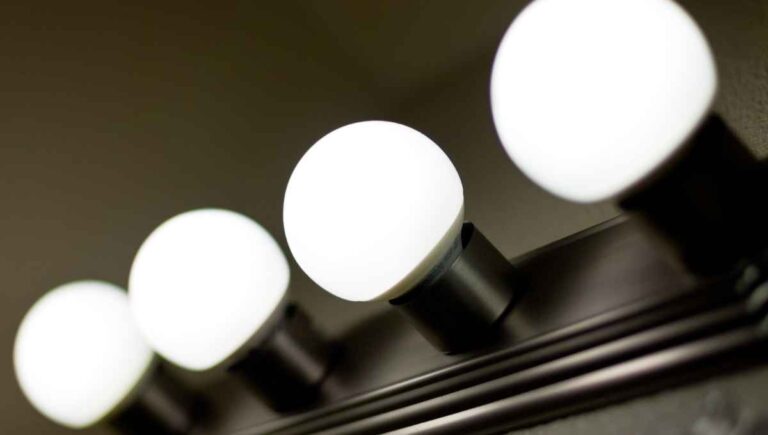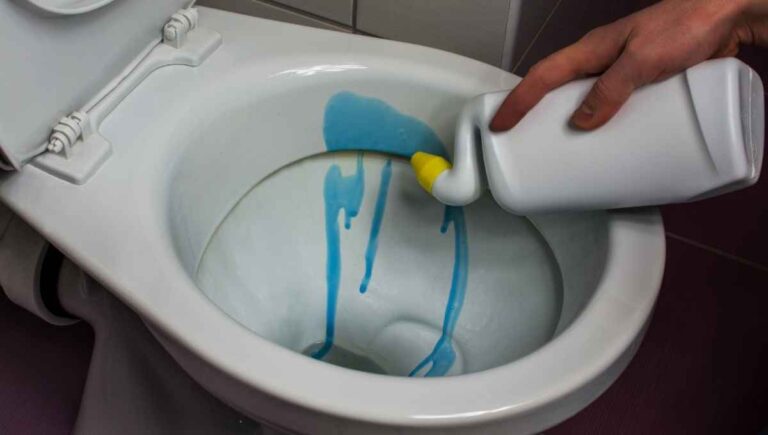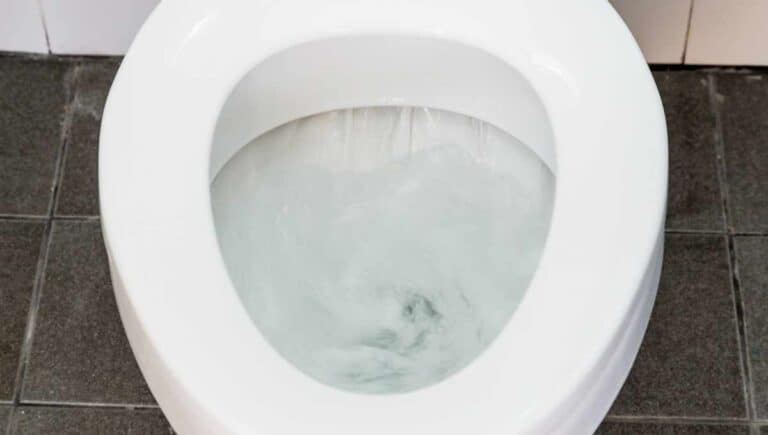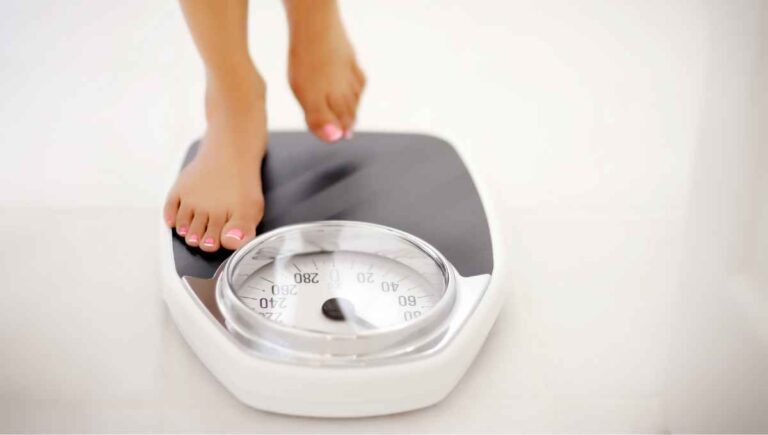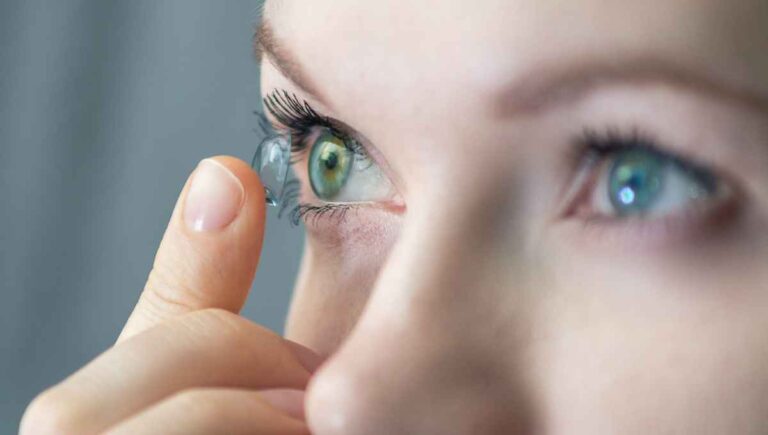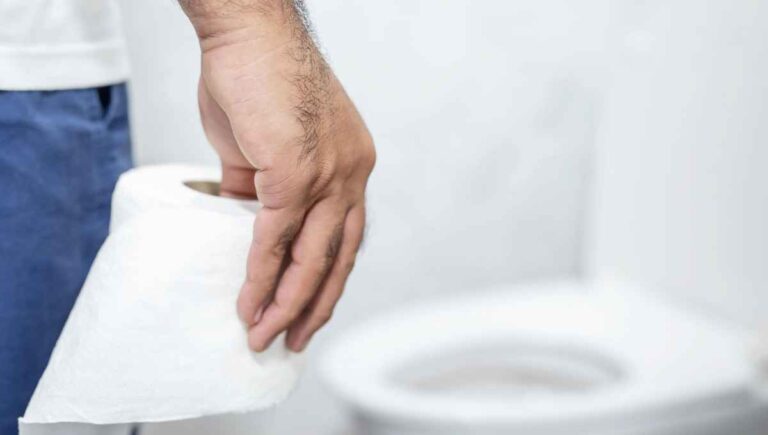Can Toilet Bowl Cleaner Kill a Dog or Cat? (Keep Them Safe)
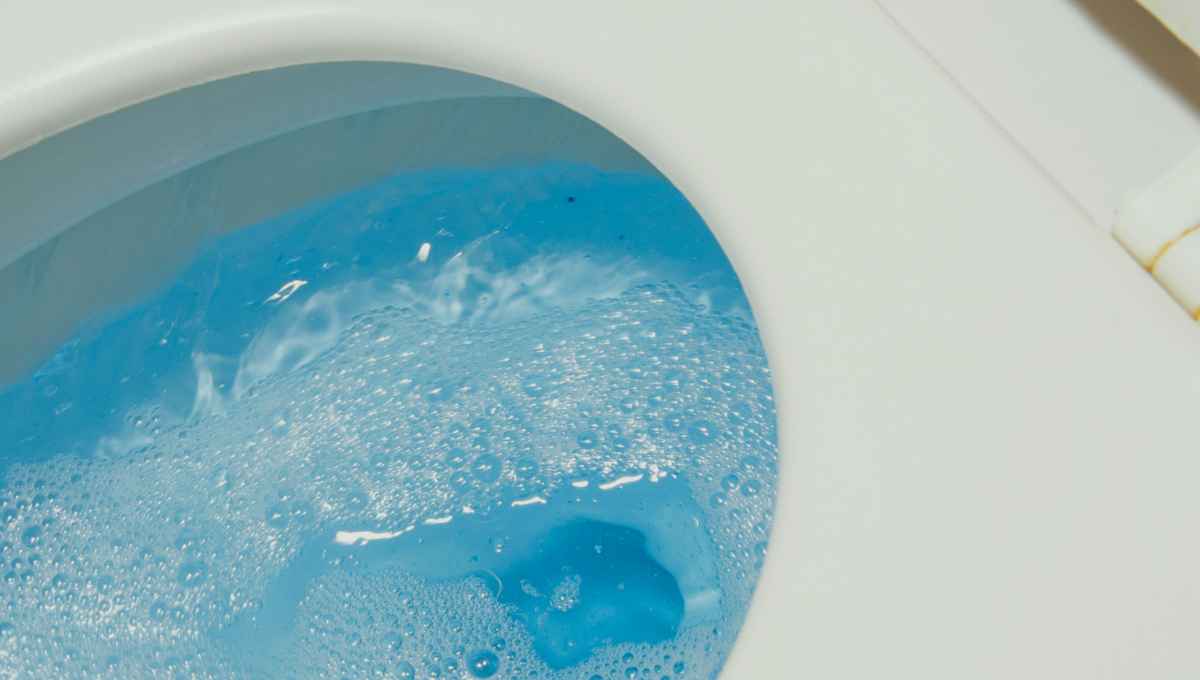
Toilet bowl cleaner is a common household item, but it’s important to be aware of the dangers it can pose to our furry friends. Dogs and cats are curious creatures and may accidentally ingest toilet bowl cleaners, which can be extremely toxic.
Ingesting toilet bowl cleaner can be fatal for dogs and cats. The chemicals in the cleaner can cause severe damage to their digestive system, as well as their respiratory and nervous systems. If you suspect that your pet has ingested toilet bowl cleaner, it’s important to seek veterinary care as soon as possible.
Thankfully, there are many ways to protect your furry friends. This article will discuss the best ways to clean your bathroom and the rest of your home while keeping your cats and dogs safe.
This post contains affiliate links. This means Household Blogger may earn a commission should you make a purchase using any of our links. Please refer to our full affiliate disclosure policy for full details.
Here’s a Quick Pro Tip!
We all want to protect our animals from dangerous chemicals and cleaning materials. Luckily, there are plenty of options to ensure that your animals are safe and your home is clean.
Check out our favorite ways to lock away chemicals, as well as an all-natural, non-toxic alternative to toilet bowl cleaner:
1. Cabinet Latch Locks – Keep kids, cats, and dogs out of the chemical closet!
2. U-Shaped Safety Latches – Lock cabinets, closets, and even drawers.
3. Seventh Generation Toilet Bowl Cleaner – While you should still keep it out of reach of pets, this cleaner has no chlorine or ammonia and is safer for pets while still providing a powerful clean!
What to Do With Toilet Bowl Cleaner
We are all looking to strike a balance between making sure that our homes are clean and using products that keep our pets safe. Did you know that the amount your pet drinks is important? You might wonder how much toilet bowl cleaner is lethal for an animal.
The answer is how much cleaner it takes to harm or kill your pet depends on the animal’s size. If your pet gets a bit adventurous and takes a sip of your toilet bowl water once it’s been cleaned, it shouldn’t cause serious effects.
Of course, this doesn’t mean you should let your pet drink from the toilet all the time. While that blue cleaner you probably use won’t kill in small doses, it can still cause issues, including:
- Neurological issues
- Sluggishness
- Vomiting
- Heavy breathing
- Seizures
- Diarrhea
- Drooling
- Unsteadiness
If you see any of these common poisoning signs in your pets, you should get them to their vet or an animal hospital as soon as possible for treatment.
If you are at home and you notice that your pet has drunk a bit of toilet water, you may want to encourage them to drink more clean water or even milk. Getting more liquid into their system is a good way to dilute the chemicals and prevent stomach issues.
Can Dogs Be Around Toilet Bowl Cleaner?
Often, toilet bowl cleaners are made from hazardous chemicals, such as chlorine, bleach, ammonia, and even formaldehyde. So if you’re wondering if toilet bowl cleaner is poisonous to dogs, the answer is yes. Most toilet bowl cleaners will harm dogs if ingested.
If you notice your dog having stomach issues such as vomiting or diarrhea, or if they are having trouble walking, you want to get them to the vet straight away. While most dogs won’t suffer long-term effects from a small amount of cleaner, it’s always best to get a second option.
What About Other Cleaning Products?
Now that we’ve talked about toilet bowl cleaners let’s move on. Can other cleaning products make my dog sick?
As long as the cleaner has bleach, lye, ammonia, or other strong chemicals in it, it can make your dog sick if it’s ingested. If you’re curious, the ASPCA has a great list of poisonous household products.
One major brand we seem to hear a lot about is Lysol. While Lysol products deliver a great clean, worrying about if Lysol is poisonous to dogs is of great concern.
Lysol contains chlorine, hydrogen peroxide, ethanol, isopropyl alcohol, and benzalkonium chloride, depending on the product. These active ingredients are great for cleaning but not so great for your furry best friend.
This doesn’t mean you can’t use Lysol if you have a dog. Just be sure to allow the product to dry thoroughly and prevent your dogs from licking surfaces that have been cleaned with Lysol.
How To Prevent Poisoning
Even if it’s not Lysol brand, disinfectants that work similarly to the brand Lysol are just as likely to have the same ingredients. This means that disinfectant of any kind is likely poisonous to your dog and should be avoided.
If your dog has ingested a large amount of a cleaner, take them to their vet straight away, or contact the Animal Poison Control Center at 1-888-426-4435 immediately.
Of course, the best thing to do is prevent your dog from being able to reach the chemicals in the first place. If your pup enjoys drinking out of the toilet, consider using child-proof locks to keep the lid closed while not in use.
What About Cats and Toilet Bowl Cleaners?
We all know cats are naturally curious and seem to have a unique ability to hone in on exactly what you want them to avoid. If you have a cat and like plants, you know what I’m talking about.
Therefore, if you have been cleaning, your cats are probably hovering, wondering what you’re doing. They may even try to drink out of the toilet bowl once you’ve cleaned it. If you’re concerned about toilet bowl cleaner being poisonous to cats, I get it; I’ve wondered too.
The bad news is that most toilet bowl cleaners contain lots of chemicals that can harm cats. The good news is they have to drink a good amount before the effects become life-threatening.
If you catch your cat drinking out of your toilet, you’re going to stress about that blue water getting into their system. So give your cats a small amount of milk (if they can handle it, some cats can’t!) or fresh water to dilute the chemicals in their system.
If your cat is displaying neurological issues, such as wobbling and unsteadiness, or GI issues, such as diarrhea or vomiting, contact your vet or poison control immediately.
Other Toxins for Cats
Toilet bowl and other strong household cleaners can cause chemical burns and intestinal issues if your kitty ingests them. While there are many other toxic things cats can get into, including medicines, household cleaners, and plants, the good news is you can keep them safe.
Keep your medications locked if you’re not actively taking them to prevent your cat from breaking into the bottles and ingesting them. Likewise, use a cabinet lock to prevent your pet from being able to get into the closet or drawers where you store your cleaning chemicals.
One chemical to be particularly careful about is anything containing bleach. Cats like the scent of bleach and are likely to try and steal a taste. While small amounts will only irritate their stomachs, large amounts can be deadly, so use caution allowing your animals around it.
How To Keep Your Furry Friends Safe
Before we wrap up, let’s talk a bit more about the best ways to keep your pets safe and away from the chemicals contained in toilet bowl and other common household cleaners.
You can start by using non-toxic cleaners, such as Clean Revolution’s Multi-Surface Cleaner. It’s non-toxic, eco-friendly, and plant-based and is never tested on animals.
If you don’t want to sacrifice the cleaning you get from bleach, you’re probably wondering how you keep pets safe around cleaning products. Start by being vigilant.
Once you’ve poured out your cleaner or sprayed a surface, don’t leave it out of sight until it’s been wiped up. Additionally, consider putting your pet in a safe area, such as a play crate, until you’ve finished cleaning.
What to Do If Your Pet Has Consumed Toxic Cleaners
Don’t panic. If your cat or dog has licked bleach or other toxic cleaners but didn’t ingest a lot, odds are they will be completely fine. However, they may have tummy problems for the next couple of days and lose their appetite.
If possible, encourage your pet to drink more clean water or milk to help dilute any of the chemicals they may have ingested.
However, if the chemicals are industrial grade, or if your pet drank a considerable amount, contact pet poison control or your vet immediately for guidelines on how to proceed. I think it’s always better to call, even if they tell you you’re overreacting. That way, you’re sure your pet is safe.
You might also enjoy our post on Is Dawn Dish Soap Toxic to Kids and Pets?
Final Thoughts
Realizing that your pet has consumed something toxic to them will always be scary. Thankfully, most cleaning products will not be fatal to a pet if a small amount has been ingested.
Give your pets milk or fresh water after accidental ingestion of common household cleaners. This will dilute the chemicals in their system and help lessen the reaction.
You will see some stomach issues in your pets in the days after a slight exposure, usually vomiting and diarrhea. However, if your pet’s symptoms are severe, if they drank industrial strength cleaner, or if you see neurological symptoms, contact animal poison control immediately at 1-888-426-4435.
Consider keeping your cleaning chemicals locked up while not in use, and always be aware of where your pet is while you’re cleaning to prevent accidents.
Finally, try switching to natural, plant-based, non-toxic cleaning products where you can. Not only is it better for your pets, but if you have kids, it can also help prevent poisoning them. Plus, it’s better for the environment while still being clean.
I hope this article helped calm your fears surrounding your beloved pets and clean home. I know that I’ll be locking up all my cleaning chemicals immediately!






